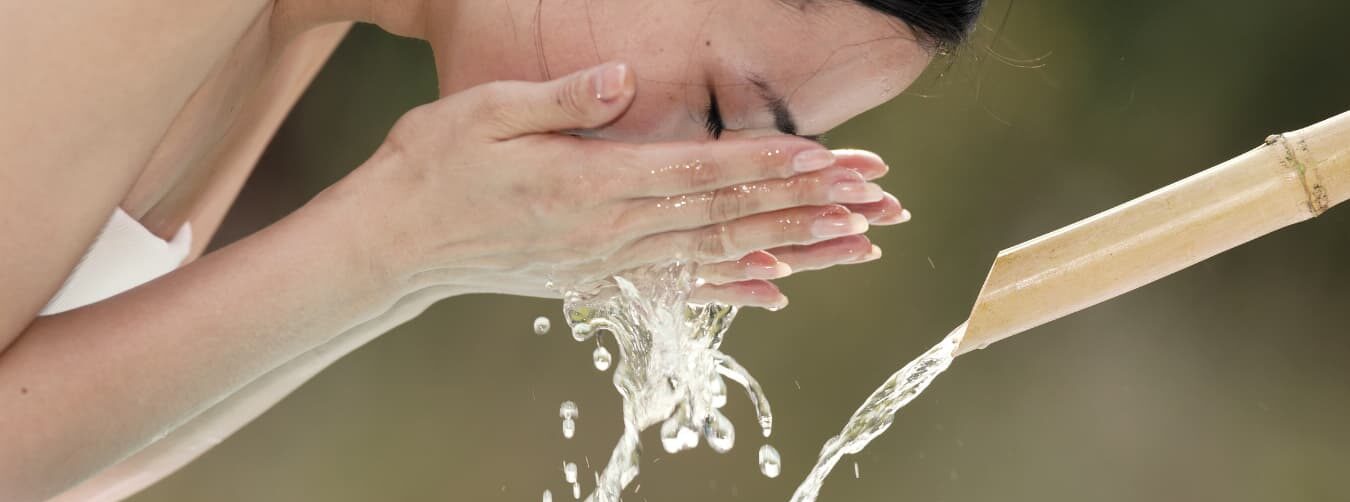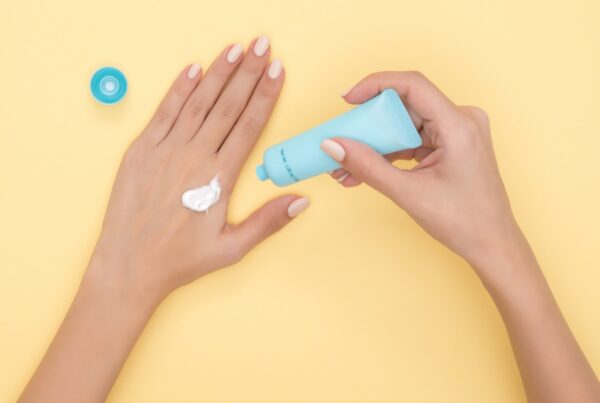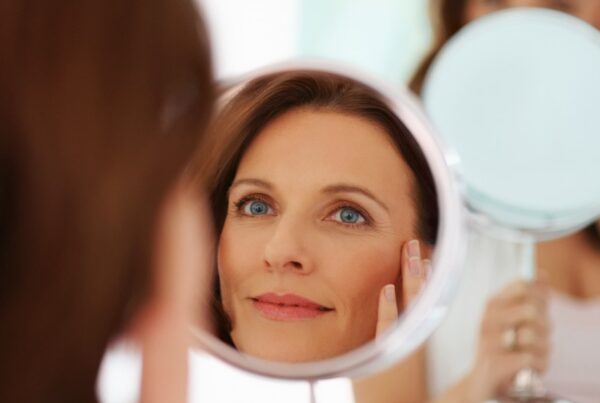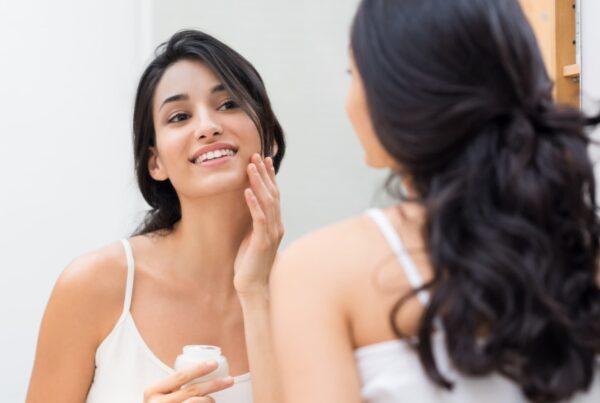Your skin is the largest organ on your body, and it’s the one people see first. One of your skin’s main features is its multitude of pores, or the little holes that secrete oil and sweat. It’s where your hair follicles grow from, too. Those holes can get clogged, making for those annoying zits or pimples, also called comedones. You can’t always avoid getting them, but there are things you can do to hopefully make them less likely to appear.
What are some acne myths?
There are many myths and legends about what can cause acne, but most of what you have heard probably isn’t true. For one, you don’t have to be an adolescent to develop a pimple, though they do tend to be more common among pubescent children. Chocolate and greasy foods have no scientific connection to acne, no matter how many times your mother might have warned you against eating those foods (you should avoid them for other reasons, but acne isn’t one of them). You should also never pop or squeeze a pimple, though it can be very tempting–it’s best to let nature run its course and avoid any unpleasant scarring. Also, because you know that acne is caused by clogged pores may make you think that scrubbing your face more will make your acne better, but it can actually have the opposite effect and make your acne worse.
What can I do to prevent acne?
While vigorous scrubbing might make your acne worse, gently cleaning your skin daily with soap and water will help prevent some of those pores from getting clogged. If you wear make-up, you should use water-based or non-clogging formulas whenever possible. We often sit with our palms resting on our faces or touch our faces in other ways throughout the day–reducing the frequency of how often you touch your face will reduce the likelihood of transferring oil and bacteria to your face, where acne often occurs.
What can I do to help the acne I have?
If you’ve already got pimples, don’t worry–there are things you can do immediately to help. Creams and gels with benzoyl peroxide are commonly available and can help dry out existing pimples and prevent new ones from developing. Salicylic acid is also a common ingredient that can help slow or stop the growth of new pimples. If your acne gets bad enough to consult a doctor, they may prescribe retinoic acid or prescription-level doses of benzoyl peroxide. You might even be a candidate for dermabrasion or chemical peels, but you’ll need to see a doctor to find out.
As always, you can count on the experts at Starks to help you with any questions you might have about staying healthy and looking your best.
Thanks for viewing this post. Starks currently provides age management solutions in clinics located in France, Greece, and Italy. Please click below to read this article in one of these languages.




